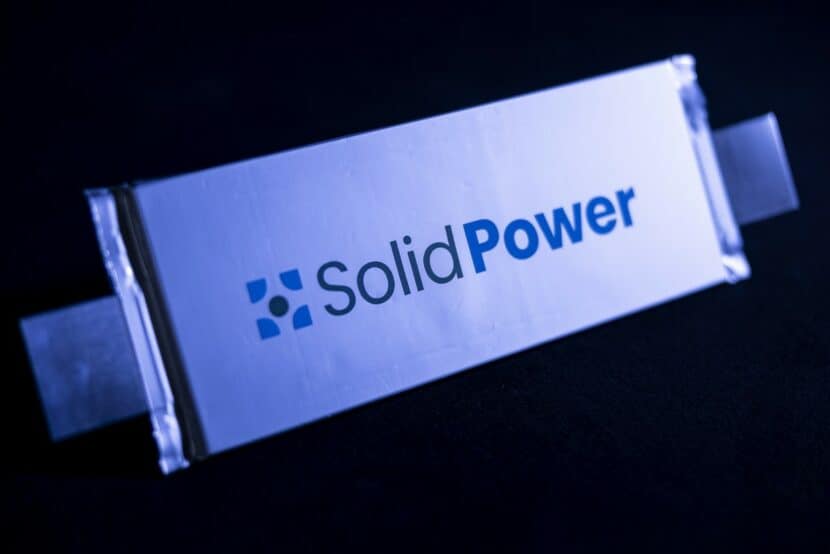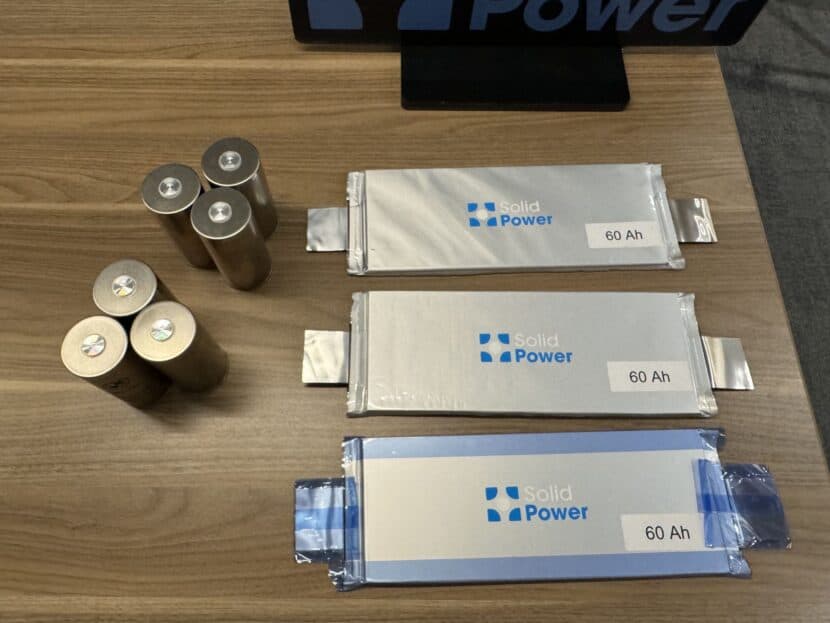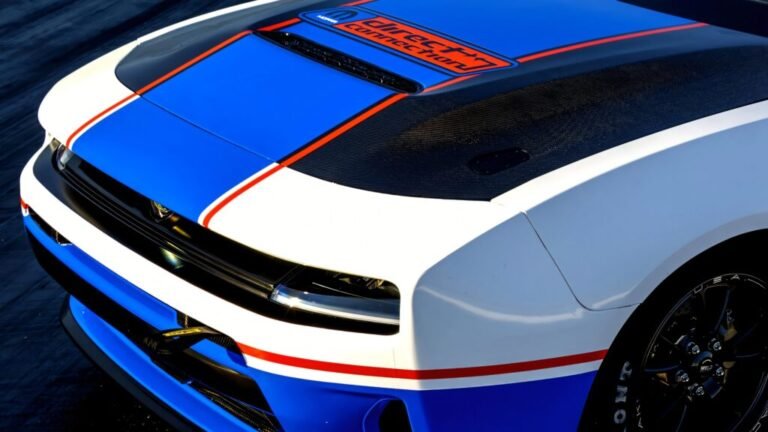Solid-state batteries have been on BMW’s radar for years, but the next phase just got more serious. Colorado-based Solid Power has announced a new collaboration with Samsung SDI and the BMW to develop and validate a demonstration vehicle powered by all-solid-state battery (ASSB) technology.
It’s a clear signal that BMW’s long game for next-generation batteries is entering a more hands-on phase, one that involves actual test cars instead of lab samples.
Building on Years of Work
We’ve been following BMW’s solid-state efforts since the beginning. The partnership with Solid Power dates back to 2017, when they signed their first agreement. In 2021, BMW received its first prototype cells for testing. Those early cells ended up at the company’s Cell Manufacturing Competence Center (CMCC) near Munich — a facility built specifically to develop future cell formats and manufacturing methods.
By late 2023, BMW had received its first “A-sample” solid-state cells, and earlier this year, a BMW i7 prototype running Solid Power’s sulfide-based electrolyte was reportedly being tested in Munich. This latest announcement adds Samsung SDI to the mix — an important step toward scaling the technology.
Under the new arrangement, Solid Power will provide its sulfide-based solid electrolyte to Samsung SDI, which will build and test complete cells using the material. Those cells will then be evaluated by BMW and Samsung based on agreed performance targets. The end goal is a demonstration vehicle equipped with solid-state cells.
The State of Solid-State
Solid-state batteries replace the liquid electrolytes found in today’s lithium-ion packs with solid materials, promising better energy density, improved safety, and longer life. They can run cooler, store more energy in less space, and reduce the risk of fire — all major wins for EV engineering.
Cost remains the main hurdle, though. BMW executives have said solid-state cells won’t reach production cars until around 2030, when the technology becomes more affordable and scalable. For now, BMW’s plan is to prove that the chemistry works in real vehicles, while continuing to refine its Gen6 round-cell technology for upcoming Neue Klasse models.
The partnership also supports Solid Power’s broader strategy: supplying its electrolyte material to Tier 1 manufacturers and automakers rather than competing directly in cell production.
In BMW’s case, this isn’t just a science project. The company has already built its infrastructure — including the Parsdorf CMCC — to be ready when the technology matures. Solid-state is the logical next step after lithium-ion, but it’s not an overnight shift. It’s a long process that BMW, Samsung SDI, and Solid Power are now taking from the lab to the road.
First published by https://www.bmwblog.com



